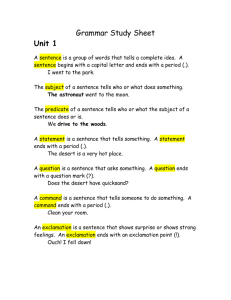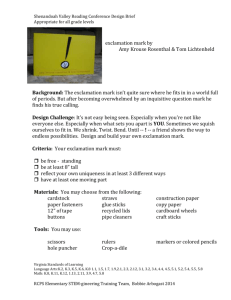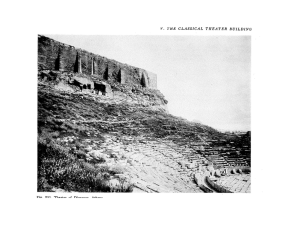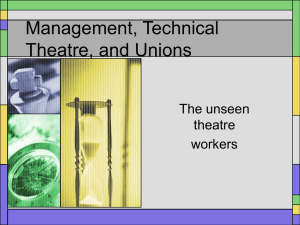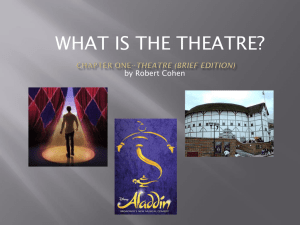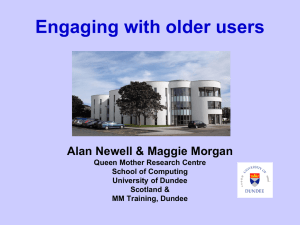Statement Guide
advertisement
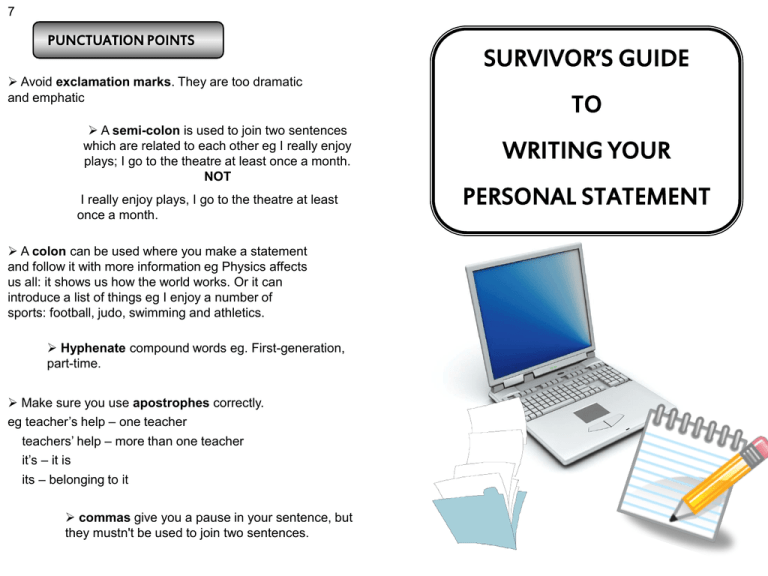
7 PUNCTUATION POINTS Avoid exclamation marks. They are too dramatic and emphatic A semi-colon is used to join two sentences which are related to each other eg I really enjoy plays; I go to the theatre at least once a month. NOT I really enjoy plays, I go to the theatre at least once a month. A colon can be used where you make a statement and follow it with more information eg Physics affects us all: it shows us how the world works. Or it can introduce a list of things eg I enjoy a number of sports: football, judo, swimming and athletics. Hyphenate compound words eg. First-generation, part-time. Make sure you use apostrophes correctly. eg teacher’s help – one teacher teachers’ help – more than one teacher it’s – it is its – belonging to it commas give you a pause in your sentence, but they mustn't be used to join two sentences. SURVIVOR’S GUIDE TO WRITING YOUR PERSONAL STATEMENT 3 4 5 2 CAPITAL IDEA The thesaurus What should you capitalise in your personal statement? Names of subjects (Physics, English Literature, Media Studies.) • Place names. Use it to find different ways of expressing the same, or similar, concepts. Rather than use ‘interesting’ several times to describe topics or subjects, your thesaurus will suggest to you ‘absorbing’, ‘fascinating’, ‘challenging’, ‘intriguing’, among others. • Proper nouns eg Christianity. • Significant words in any book, newspaper or journal titles eg New Scientist, A Brief History of Time, The Daily Telegraph. The computer spell-checker Use it with care, though: it is probably American so will want you to use ‘realize’, ‘color;’ ‘rigor’ and other American versions of spellings. HAVE YOU SPLIT YOUR INFINITIVE? Star Trek made it famous: ‘To boldly go where no man has gone before’. Try to avoid this in formal writing. The infinitive is the basic form of the verb: to write, to learn, to develop. If you want to use an adverb with this form of verb, move it to a different place in the sentence. eg I’d like to understand completely the causes of the Holocaust.’ NOT ‘I’d like to completely understand the causes of the Holocaust.’ A trusted adult These adults may include your form tutor, a subject teacher, a parent or family friend, a member of the Sixth Form team or library staff. Show them a draft of your statement and ask for advice. Weigh all advice carefully before making changes. Beware of showing it to too many people though. A wide variety of conflicting advice will leave you confused. 1 6 SETTING THE TONE Your personal statement must be formal in tone. Avoid chattiness; avoid exclamation marks; avoid words like ‘brilliant’, ‘fantastic’, ‘amazing’. Equally, make sure you’re not pompous. Use varied language but not vocabulary you wouldn’t normally use eg ‘commence’ Don’t use a cliché (eg “The only place success comes before work is in the dictionary.”) It’s unoriginal, and a waste of your space. It’s best not to abbreviate ( don’t, can’t, isn’t, should’ve etc). Writing it out in full is better for formal writing. YOUR BEST FRIENDS HOW TO PROMOTE YOURSELF … NICELY Have you found subjects or topics: You may have enjoyed, relished, found absorbing, appreciated the chance to, explored, welcomed a chance or an opportunity, found ……………. a challenge, been engrossed by……… rewarding satisfying gratifying fascinating engrossing Do you think you are: conscientious involved tenacious determined patient, thorough, persistent, enthusiastic. Useful Phrases Doing …… has developed my skills of….., I have brought enthusiasm to my …….studies, I have approached…….. with energy, I have used this opportunity to…. Have you included….. • The dictionary If you want to use a word but feel unsure of its meaning, look it up. Make sure the spelling is correct too. • your subjects and why you like them • service to the school • other service/charitable things you do • musical instruments • groups such as theatre workshops • part-time employment, work experience • sports/games • your reading tastes (you should have some!) • why you want to do the course
